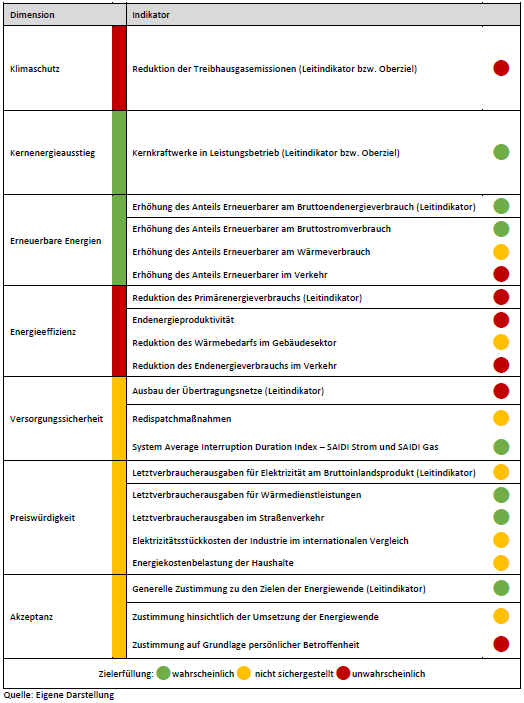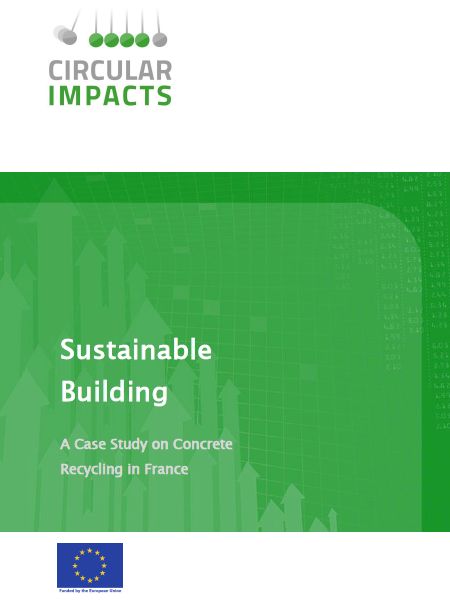From Knowledge to Action: Global climate protection and local action
- Presentation
- Date
-
- Location
- Stuttgart, Germany
- Speech
How is the Paris Agreement relevant for people active in the building sector? What can and should architects, energy consultants, or installers contribute to achieving the goals of this international climate agreement? Dr. Camilla Bausch of Ecologic Institute tried to bridge the gap between the international and the local level before 500 experts in her Keynote Address at the 20th annual conference "Herbstforum Altbau" in Stuttgart (Germany).
Humanity is currently living beyond the planetary boundaries. An international call for the urgency of climate mitigation was released through the 2018 IPCC special report on the impacts of global warming above 1.5°C. The effect of human interference with the climate system has been evidenced, for example, by the rise of the global mean temperature by approximately 1 degree Celsius. The IPCC states: "Many land and ocean ecosystems and some of the services they provide have already changed due to global warming."
One objective for climate protection was defined on a global level through the 2015 Paris Agreement: "… holding the increase in the global average temperature to well below 2 °C above pre-industrial levels and pursuing efforts to limit the temperature increase to 1.5 °C above pre-industrial levels." A strong call for a sustainable future has also been outlined in the Global Agenda 2030 with its Sustainable Development Goals. However, all evidence clearly indicates that the world is not on the path to keeping the temperature within defined limits, despite the fact that large parts of the solution appear to be technologically available and economically feasible. In the different efforts needed and promised by Germany, the building sector not only plays a crucial part, but is unfortunately lagging behind with respect to achieving the targets set out by the German government.
Many of the measures needed exist in a field of tension, which includes short-term vs. long-term interests, individual, institutional and structural obstacles, questions of distributional justice, and fears for the future. As a result, according to Dr. Bausch, the path forward is one marked by diversity, cooperation and adaptive learning. All levels of society must contribute.
This became also apparent during the Paris negotiations and in its results. The importance of the role local players and different societal actors play in the fight against climate change was not only underlined, but even defined as a key pillar of the whole negotiations. Non-state actors showed up in the thousands in Paris to highlight their contributions, and discuss and contribute to the negotiations. These players are also key to the overall dynamic and success of climate protection at national and subnational level.
The Herbstforum Altbau is an annual expert conference for energetic renovation, energy efficiency and renewable energy in the building sector. 2018 was the 20th iteration of the conference. During the full-day conference, experts spoke to topics such as efficiency and innovations in heating systems, the cultural transformation of the building sector and beyond, aspects of ecological restoration, and passive houses.
The conference is organized by Zukunft Altbau, an information platform for improving the energy footprint of buildings, including old and historic buildings, through smart and innovative renovations. The Platform is supported by the Baden Württemberg Ministry of the Environment.
Watch Dr. Bausch's keynote address:
Find all speeches (in German) at the event's website.




